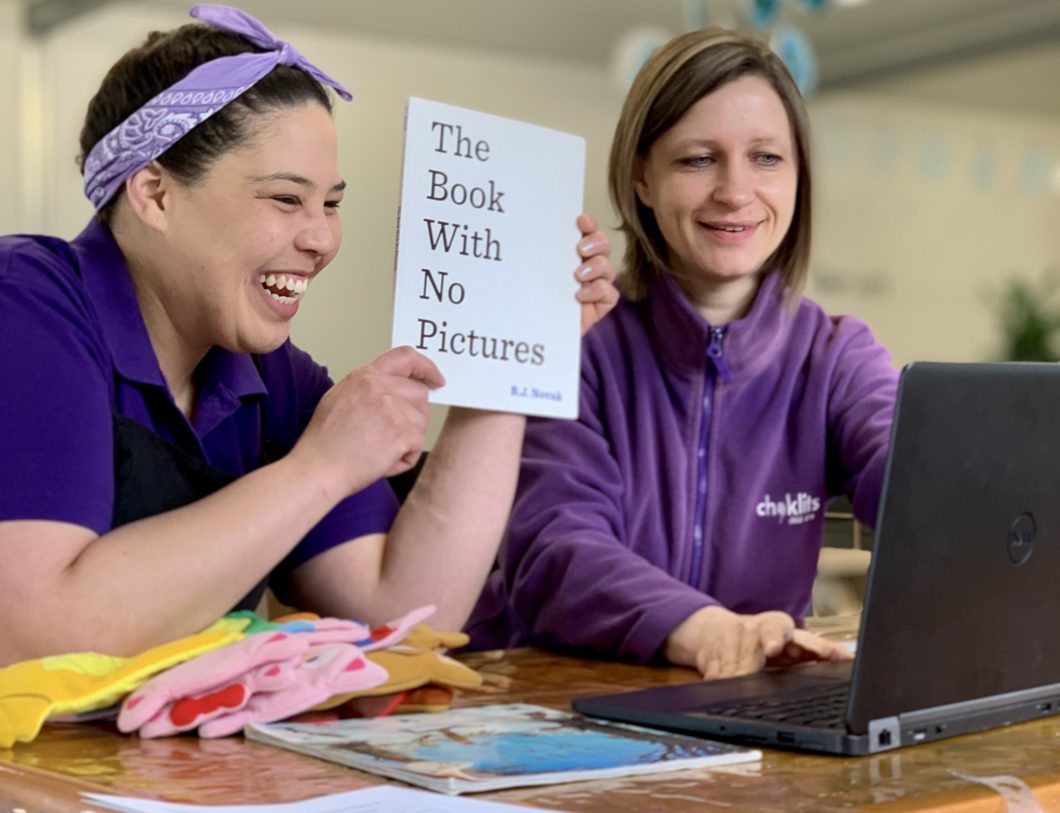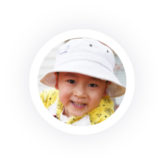I first wrote this blog in early 2020, during the first round of COVID-19 related remote learning.
As I recently revisited it in August, I reflected on my feelings and thoughts about remote learning and, as both a mother and educator, how they have changed.
We’ve all been challenged this year and are likely to continue to be challenged for some time yet, COVID-19 is proving to be much more than a few weeks of inconvenience.
Has any parent navigated this period without feeling overwhelmed, tired and even hopeless at times? It turns out home schooling is really hard! In the middle of a pandemic, it’s even harder.
My goal here is through sharing some ideas so we can begin to look at the challenges of these current times as a great opportunity for both children to broaden their learning and for us as parents to form stronger connections with our children.
Here are my thoughts on remote learning…
Firstly, know that the fundamentals of teaching young children haven’t changed and you’re probably already doing lots of things really well.
Some may argue it’s unfortunate, but there’s no new secret app, no hidden website or mysterious piece of technology that solves all our parenting problems either.
Learning is based on relationships. The bond between parents and children, between educators and students, and between families and early learning environments. COVID-19 doesn’t change the fundamentals, we simply need a new approach to help protect the fundamentals we know to be true.
Relationships are based on good communication which is key to remember because the ways we naturally communicate have changed. Hugs and kisses are gone, and our face masks are on.
So, what does pandemic proof communication look like?
- It’s flexible, be willing to try new things. No “one size fits all’ approach can be applied to what open, honest and clear communication looks like for each person in our Choklits community.
- It’s reliable, both educators and carers must know they can count on each other to be responsive. The best idea is to overcommunicate whenever you are in doubt.
- It’s personalised, it meets the needs of each individual and takes into account their needs.
- It’s simple, many things don’t have to change and we can continue to use email, phone and many other communication forms we already know well.
- It’s regular, consistencey is very important. For some, regular means daily, and for others it means once a month, it must be contextual for the individuals needs and priorities.
It’s important to acknowledge that, even with the foundation of a strong relationship and great communication, the quality of engagement is dependent on a few external factors including circumstances, time, resources and access to technology.
Any of these external factors can derail us from time-to-time, the important thing to keep top of mind is the goal of staying connected through this period. If your internet connection goes down during one of our Choklits online sessions, it’s obviously not ideal and can cause frustration. But it doesn’t make any of us bad people. It’s actually a great opportunity.
Children tend to remember and learn much more about how we respond to challenges, rather than the problem itself.
I’d also like to be clear that none of the families engaged in learning from home are expected to be formal educators. As parents and carers, your competence and confidence should be boosted by that fact that your in-depth knowledge of your child is the most important part of teaching them.
As educators we come to you when we need information that’s relevant to your child so you’re already in best placed to understand their basic needs, how they learn, their strengths, challenges and interests.
Don’t be afraid to stop thinking about teaching and focus more on having some fun, it’s not all about numbers and letters. Encourage children to do what they do best, play!
If you look into academic learning versus play-based learning, you’ll find that play provides much of the learning needed to build emotional, literacy, reasoning and problem-solving skills.
So, throw out your worksheets, grab some play dough or a tea-set, grab a pile of Lego or head outside and play!
“What’s the time Mr. Wolf” is great opportunity for numeracy, turn-taking and spatial awareness.
Board games are a great way to learn turn-taking, social skills and numerous language and numeracy skills.
Painting with water on the fence helps develop fine-motor skills as children hold and manipulate a brush, also a great opportunity for us to get creative with them.
Remote learning is an invitation to try a variety of new play and learning activities!
I want us to all take comfort in that fact that we are exceptionally well placed (regardless of skills and resources) to thrive in response to COVID-19, because of the relationships we have already built.
So again, don’t get hung up on the academic aspects of learning and embrace the flexibility to deepen the connection with your child.
A strong relationship can spark the fire that becomes a lifelong love of learning and growth. And, right now, we may well have the biggest opportunity we will ever get to spark that fire.
Choklits blog post authored by Dee Wasserfall, Choklits Child Care Kindergarten Educator.
PS- Choklits is a busy place so join the conversation on Facebook and follow us on Instagram for updates from in and around our great Ringwood community!
—
Choklits Child Care, 319 Canterbury Road, Ringwood (opposite the Ringwood Golf Course near the Canterbury Road Eastlink offramp).



